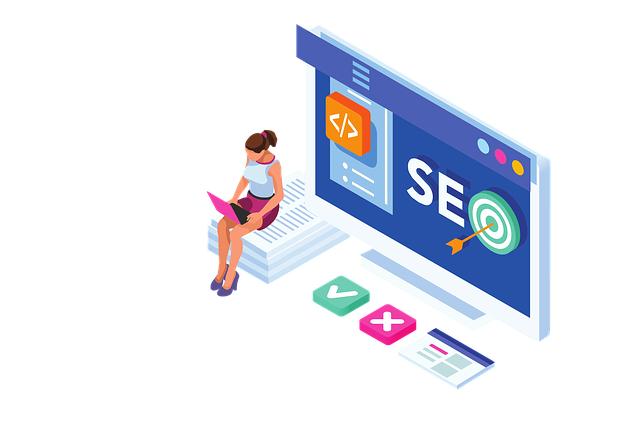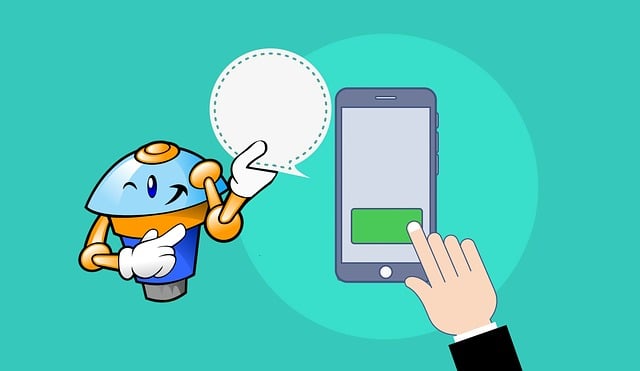The cost of ecommerce chatbots varies widely based on chatbot complexity, business size, integration capabilities, and features. Basic rule-based bots are affordable, while advanced AI models with NLP can be expensive. Integration with systems like CRM or payment gateways increases costs. Ongoing maintenance, updates, and customization impact ownership expenses. Pricing models range from subscription-based to tiered pricing based on user numbers and needs. Cloud-based solutions offer cost-effectiveness and scalability, with businesses paying for used resources. Despite upfront investment, ecommerce chatbots yield long-term benefits through improved customer service, automated processes, increased sales, reduced cart abandonment, and lower operational costs.
In today’s digital landscape, ecommerce chatbots are transforming customer interactions, enhancing user experiences, and driving sales. But how much do these AI assistants truly cost? This comprehensive guide dives into the multifaceted pricing structures of ecommerce chatbots, unraveling factors like customization, deployment options, and long-term operational costs. Understanding these elements is crucial for businesses aiming to maximize ROI and leverage the potential of AI in their customer engagement strategies.
- Understanding the Factors Influencing Ecommerce Chatbot Costs
- Types of Ecommerce Chatbots and Their Pricing Models
- Customization and Features: What Affects the Cost?
- Deployment Options and Associated Expenses
- Long-term Operational Costs and ROI Considerations
Understanding the Factors Influencing Ecommerce Chatbot Costs

The cost of an AI-powered chatbot for ecommerce platforms can vary greatly, and there are several factors that contribute to this price range. One of the primary influences is the complexity of the chatbot’s functionality; basic bots with simple rule-based conversations might be more affordable, while advanced AI models capable of natural language understanding and machine learning can incur significant costs. The size and nature of your ecommerce business also play a role; larger enterprises may require custom-built solutions, which come at a premium.
Integration capabilities and additional features further drive chatbot pricing. Chatbots that seamlessly integrate with existing customer relationship management (CRM) systems, payment gateways, or inventory management software often command higher prices due to the specialized coding and configuration required. Moreover, the need for ongoing maintenance, updates, and customization should be factored in, as these services can impact the overall cost of ownership over time.
Types of Ecommerce Chatbots and Their Pricing Models

Ecommerce chatbots can be broadly categorized into three types based on their functionality and pricing models. The first type includes basic, rule-based chatbots that are designed to handle simple customer inquiries like product information or order status. These chatbots often operate through a set of predefined responses and flow charts, making them relatively inexpensive to implement. Their pricing is usually subscription-based, with plans varying based on features, number of agents, and monthly active users.
The second category comprises more advanced chatbots that leverage natural language processing (NLP) and machine learning algorithms. These intelligent chatbots can understand customer intent, engage in contextual conversations, and even make recommendations. They often integrate seamlessly with existing ecommerce platforms and customer relationship management (CRM) systems. Pricing for these solutions is typically tiered, based on factors like the number of users, features included, and level of customization required. Enterprise-level solutions may demand higher costs due to their extensive capabilities and tailored implementations.
Customization and Features: What Affects the Cost?

The cost of an AI chatbot varies greatly, and one significant factor is customization. Ecommerce chatbots are often tailored to meet specific business needs, which can range from industry-specific integrations to unique conversational flows designed to enhance customer engagement. The complexity of these customizations directly impacts the overall price tag.
Additionally, the features included in a chatbot play a crucial role in determining cost. Advanced functionalities such as natural language processing (NLP), machine learning capabilities for continuous improvement, and seamless integration with existing ecommerce platforms or CRM systems usually come at a higher price point. Meanwhile, basic chatbots with simple messaging capabilities are generally more affordable. Feature-rich solutions are particularly valuable for businesses looking to streamline customer support, automate sales processes, and gain valuable insights through data analytics—all essential aspects of modern ecommerce operations.
Deployment Options and Associated Expenses

When deploying an AI chatbot, businesses have several options available, each with its own cost implications. One key consideration is whether to host the chatbot on-premises or utilize a cloud-based solution. On-premises deployment offers more control and customization but can be expensive due to the initial setup costs of hardware and software, not to mention ongoing maintenance and updates. In contrast, cloud-based chatbots are generally more affordable up front, as providers offer scalable pricing models based on usage. This makes them particularly attractive for smaller businesses or those with fluctuating chatbot needs.
For ecommerce platforms, deploying AI chatbots in the cloud can significantly reduce costs while enhancing customer experience. These solutions often include features like natural language processing and integration with existing systems, allowing for seamless interactions between customers and bots. Moreover, many providers offer tiered pricing plans, enabling businesses to pay for only the resources they consume—a benefit that can be particularly appealing during peak sales periods or when testing out chatbot functionality.
Long-term Operational Costs and ROI Considerations

While the initial implementation cost of an AI chatbot can vary widely based on customization, complexity, and development hours, understanding long-term operational costs is crucial for businesses considering integrating ecommerce chatbots into their strategies. Monthly maintenance fees, cloud infrastructure expenses, and ongoing updates or improvements contribute to these recurring costs. For ecommerce businesses, the return on investment (ROI) of a chatbot is a significant factor. By automating customer support, handling simple queries, and providing personalized product recommendations, chatbots can drive sales, reduce cart abandonment rates, and lower operational costs over time, making them a valuable addition to any digital strategy.
In conclusion, the cost of an AI chatbot for eCommerce varies widely based on factors like complexity, customization, deployment, and long-term operational expenses. Understanding these elements is crucial when navigating the diverse pricing models offered by different providers. By selecting the right type of chatbot and considering the ongoing maintenance, businesses can leverage the benefits of ecommerce chatbots to enhance customer experience and drive significant ROI, ultimately revolutionizing their online sales strategy.
